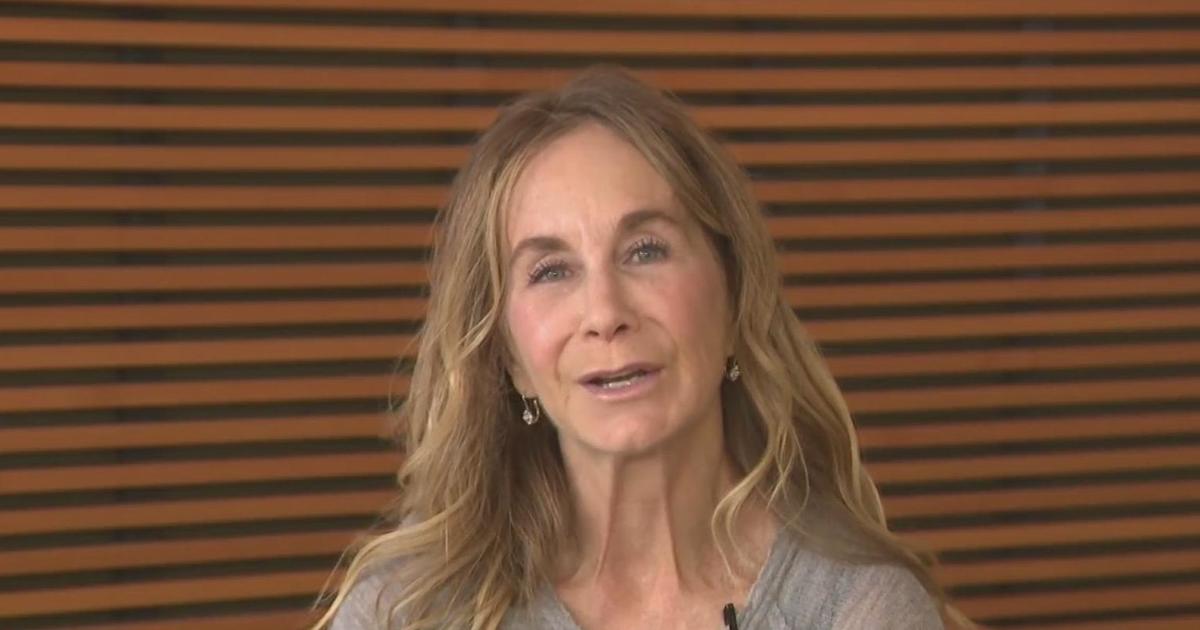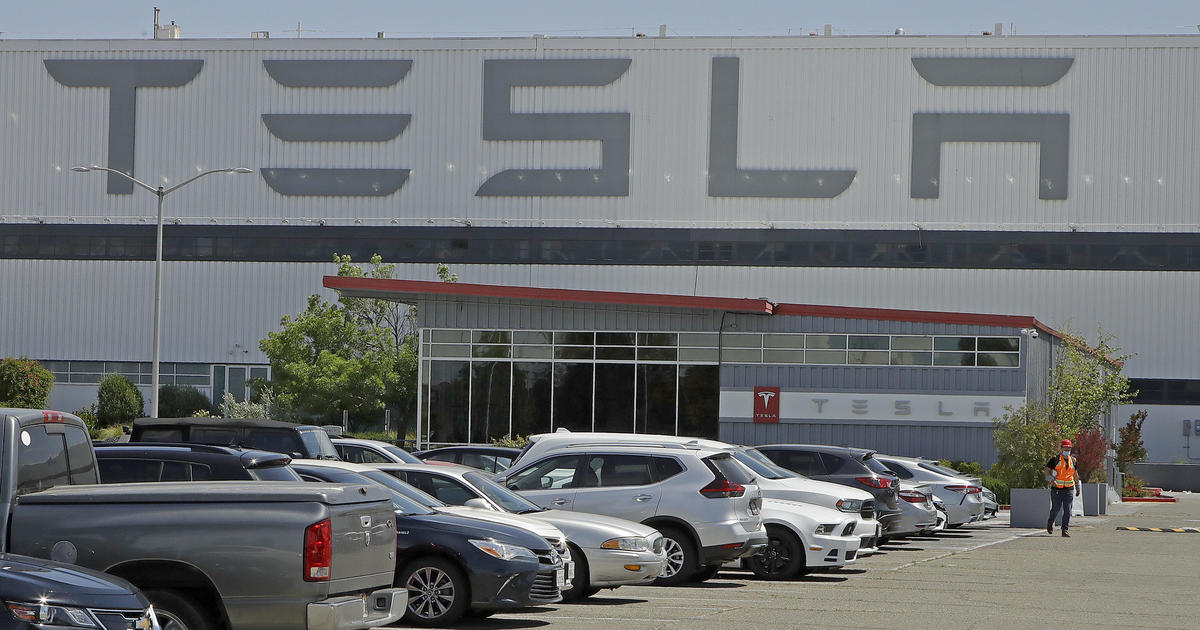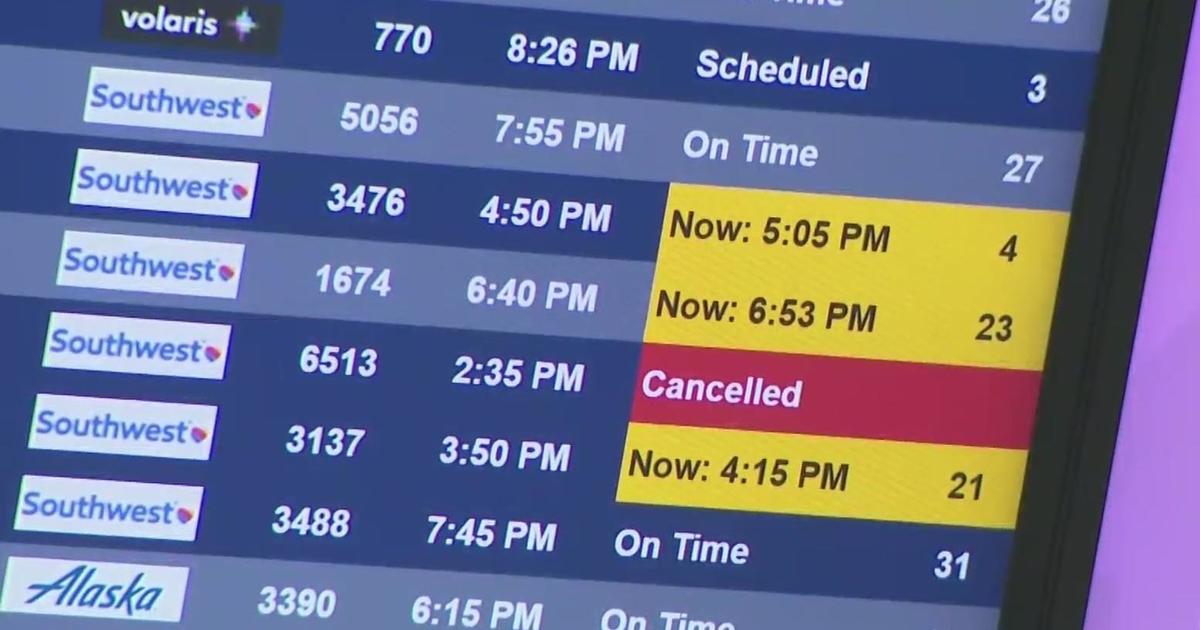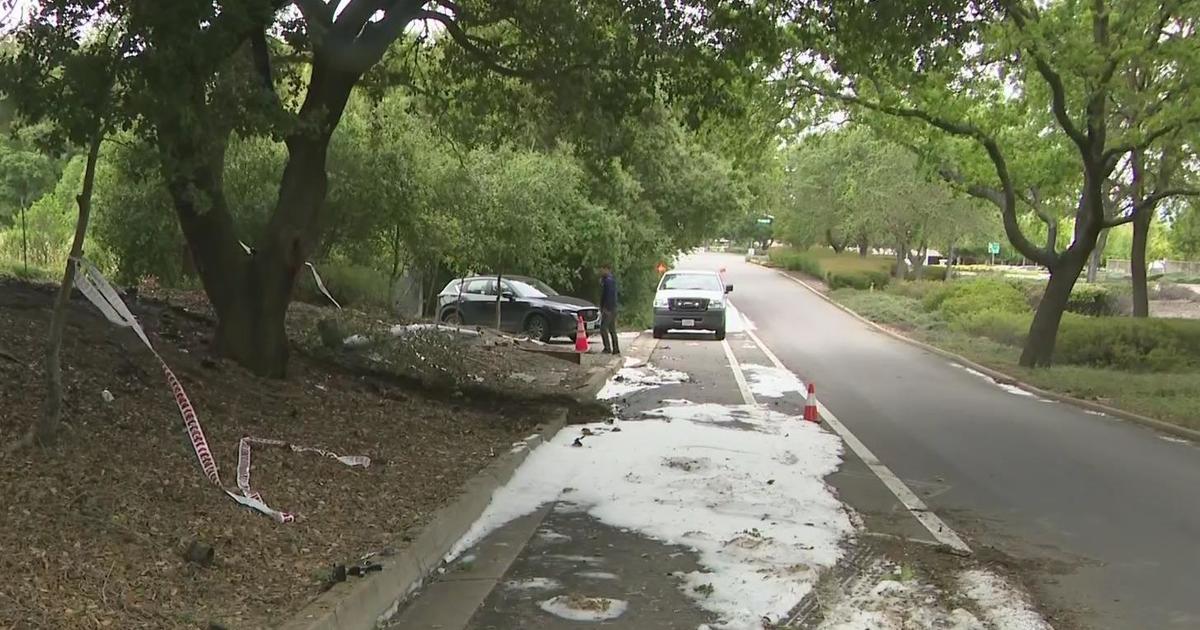California Stop: Bicyclists To Treat Stop Signs As Yield Signs Following Passage of AB 122
by Max Darrow
SAN FRANCISCO (KPIX 5) -- Whether a pedestrian, cyclist, or driver, stop signs on the road currently mean stop for all. However, cyclists will soon have the option to treat stop signs at times as yield signs, thanks to the passage of AB 122.
California lawmakers passed AB 122 with bipartisan support. The bill allows cyclists to treat stop signs as yield signs when it's safe to do so. The bill now heads to Governor Newsom's desk.
"We must encourage smarter, safer, more efficient transportation options that help people choose to get out of their cars. This cuts down on greenhouse gas emissions," said Assemblymember Tasha Boerner Horvath (D-Encinitas) who sponsored the bill. "AB 122 encourages safe riding in our state by allowing cyclists to spend less time in dangerous intersections."
A statement from Boerner Horvath's office said:
"Research and common sense make clear that complete stops at all stop sign-controlled intersections make bike trips slower and require more energy from the rider. Studies on cyclists' stopping behavior also find that these full stops do nothing to improve, and can even reduce, rider safety — attributed mainly to the increased time cyclists spend in the intersection after a full stop compared to the safe yielding alternative."
However, some avid Bay Area cyclists say they're a bit skeptical. Aaron Isenstadt at Missing Link Bicycle Cooperative in Berkeley said he sees both pros and cons to the law, but is concerned for younger riders.
"I don't want cyclists, especially young cyclists, to get in the habit of ignoring stop signs," he said. "There could be situations where bikers are intending to just run a stop sign and cars aren't ready for it - and that could lead to some dicey situations."
Resident Rose Mota-Nadeau also shared concern for children, saying while she can see how the law would benefit cyclists at certain times, it might cause confusion at others.
"I definitely think it can cause problems, especially in urban areas where there's already a lot of confusion and a lot of cars that don't follow the rules," she said. "It might be great in more suburban areas where there is less traffic."
Nine other states have adopted similar policies. In Delaware, state police data show crashes involving bicycles at stop-sign controlled intersections fell by 23 percent in the 30 months after the law went into effect, according to Boerner Horvath's office.



